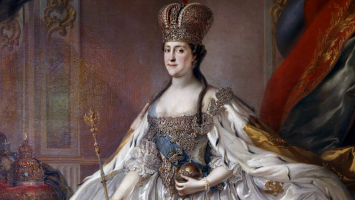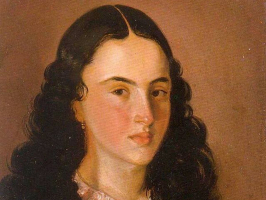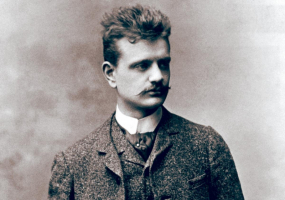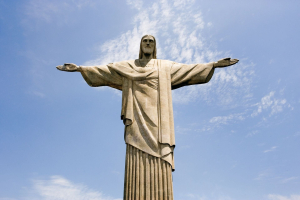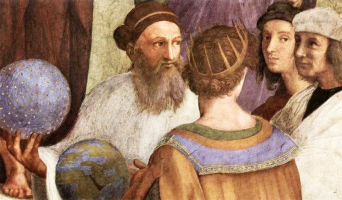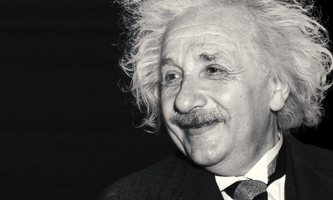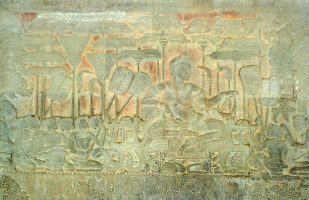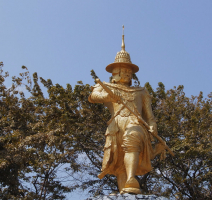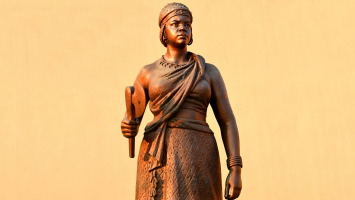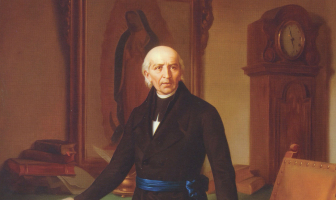Top 7 Most Important Historical Figures In Austria
Like other nations, Austria has produced a number of notable individuals who have had a significant impact on both the nation and humanity. And here are the ... read more...most important historical figures in Austria.
-
Wolfgang Amadeus Mozart (January 27, 1756 – December 5, 1791) was an Austrian composer. His works are regarded as the height of musical genres such piano, chamber music, symphony, music, religion, and opera. He is the most well-known, significant, and influential composer in the European classical music genre. Despite the fact that his musical taste was attacked and reviled by some at the time, many succeeding composers adored him, and his pieces formed a significant component of many concerts.
The greatest composer in history is perhaps Mozart. He revolutionized the symphony, wrote some of the finest operas ever written, and advanced chamber music to new artistic heights in a 30-year creative career that included more than 600 pieces. Mozart constantly included drama into his instrumental compositions, which contrasted the moods that were set, whether they were joyful and amusing or serious and tragic. He wrote his orchestration with impressive lines that intertwined and imitation techniques, followed by a development section with moderately chromatic harmonies.
The life of Mozart was full of excitement, and despite his brief lifespan, the accomplishments he made were far larger than most people can ever come close to making in a lifetime. He himself has almost 40 symphonies and orchestras, along with operas, that are all published in his name, demonstrating his exceptional compositional abilities. The music industry would not be recognized at the same standard that they are presently set at without the numerous contributions Mozart has contributed to all of the compositions, both recorded and undocumented. The evolution of Mozart's life itself ushered in a new era for music.
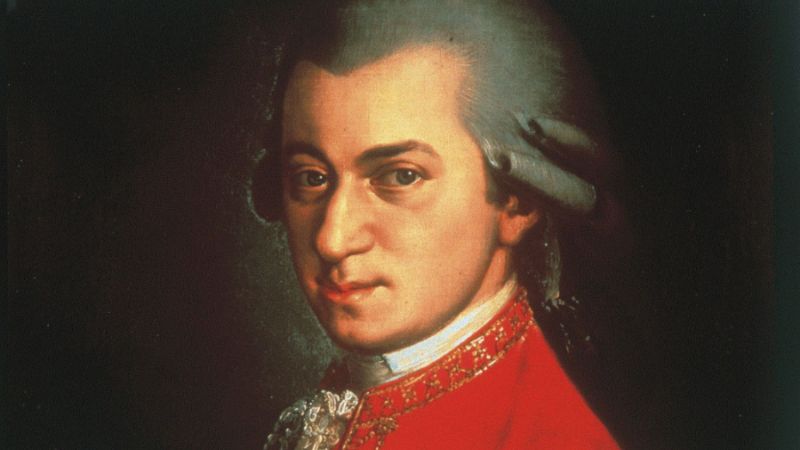
Photo: VnExpress 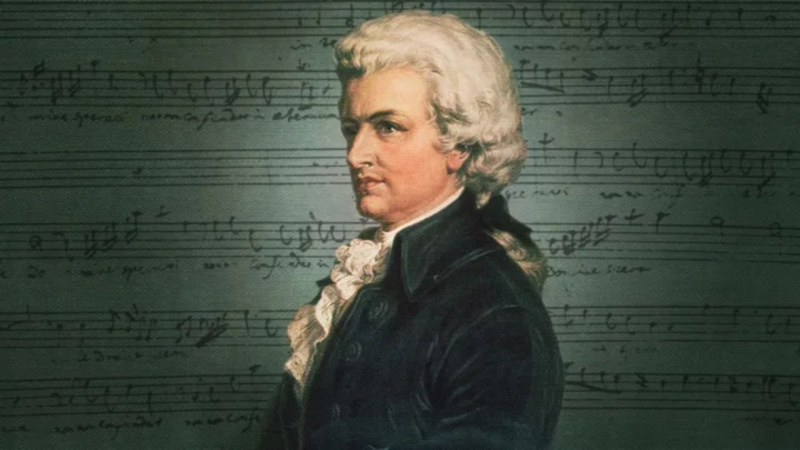
Photo: Mental Floss -
Adolf Hitler is definitely one of the most important historical figures in Austria. Austrian-born Adolf Hitler was a politician who served as dictator of Germany from 1933 until his death on April 30, 1945. He rose to prominence as the head of the Nazi Party, taking on the titles of chancellor in 1933 and Führer und Reichskanzler in 1934. He invaded Poland on September 1, 1939, starting World War II in Europe during his rule. Throughout the war, he was closely involved in military operations and played a key role in the Holocaust, the mass murder of six million Jews and millions of other people.
In 1919, he joined the German Workers' Party (DAP), the precursor to the Nazi Party, and in 1921, it elected him as its leader. By denouncing the Treaty of Versailles and promoting anti-communism, anti-Semitism, and pan-Germanism through charismatic oratory and Nazi propaganda, Hitler won the public's favor after his early release in 1924. He frequently asserted that world capitalism and communism were Jewish conspiracies. Hindenburg passed away on August 2, 1934, and Hitler took over as the nation's leader. In order to combat what he perceived as the unfairness of the post-World War I international system headed by Britain and France, Hitler sought to exterminate Jews from Germany and institute a New Order. The quick economic recovery from the Great Depression, the lifting of Germany's post-World War I constraints, and the annexation of regions inhabited by millions of ethnic Germans during his first six years in power helped Hitler win enormous popular support at first.
Hitler was "one of the major illustrations of the distinctive and unfathomable power of personality in historical existence," according to historian Friedrich Meinecke. Hugh Trevor-Roper, an English historian, described him as "among the most systematic, historical, philosophical, and yet the coarsest, cruelest, and least magnanimous conqueror the world has ever known". According to historian John M. Roberts, Germany's dominance over a period of European history came to an end with Hitler's downfall. Sebastian Haffner, a historian, claims that the contemporary state of Israel would not exist without Hitler and the expulsion of the Jews. He claims that the decolonization of previous European domains of influence would have been delayed without Hitler.
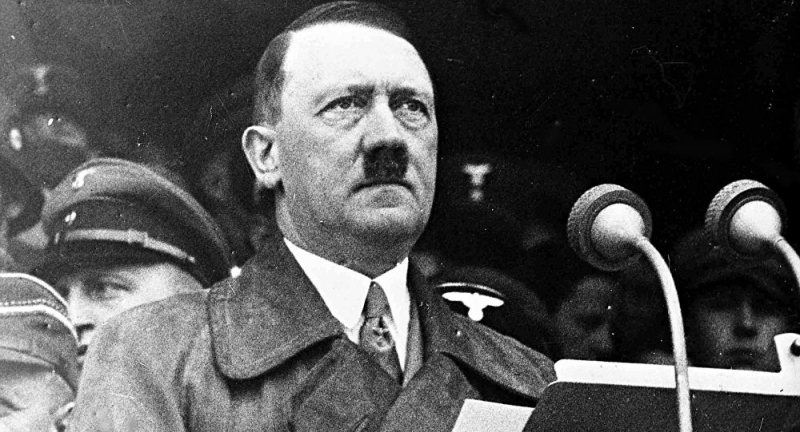
Photo: Google 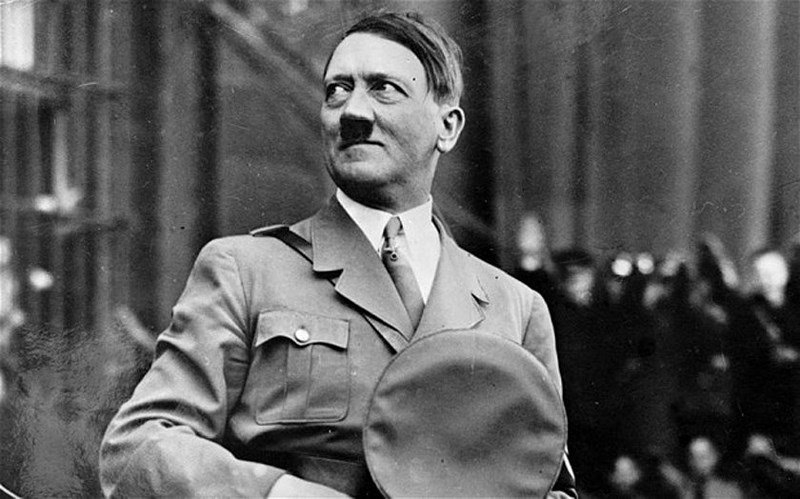
Photo: AVT Education -
Sigismund Schlomo Freud, also known as Sigmund Freud, was an Austrian neurologist and psychologist who lived from 6 May 1856 to 23 September 1939. He was the one who created the psychoanalytic theory and laid its groundwork. He was a significant thinker of the 20th century, despite the fact that his psychoanalytic theory is still debatable and his psychoanalytic techniques are currently being evaluated in comparison to other forms of treatment. He is also regarded as one of the most important historical figures in Austria.
In creating psychoanalysis, Freud discovered transference and created therapeutic methods like the use of free association, establishing its key place in the analytic procedure. The Oedipus complex was developed by Freud as the core idea of psychoanalytic theory as a result of his expansion of the notion of sexuality to encompass its infantile manifestations. He developed models for the clinical investigation of symptom generation and the underlying mechanisms of suppression using his understanding of dreams as desire fulfillments. Based on this, Freud developed his theory of the unconscious and a model of psychological structure that included the id, ego, and superego.
Psychoanalysis continues to have a significant impact on psychology, psychiatry, psychotherapy, and the humanities while being in general decline as a diagnostic and clinical practice. Thus, it continues to spark intense debate over its therapeutic effectiveness, its standing in science, and whether it helps or hurts the feminist cause. Despite being a hotly debated topic, Freud's legacy has been described as "one of the strongest influences on twentieth-century thought, its impact comparable only to that of Darwinism and Marxism," with its range of influence permeating "all the fields of culture ... so far as to change our way of life and concept of man."
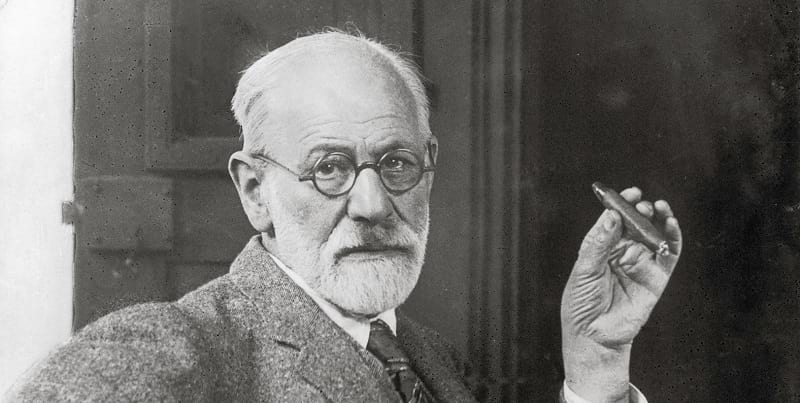
Photo: Toolshero 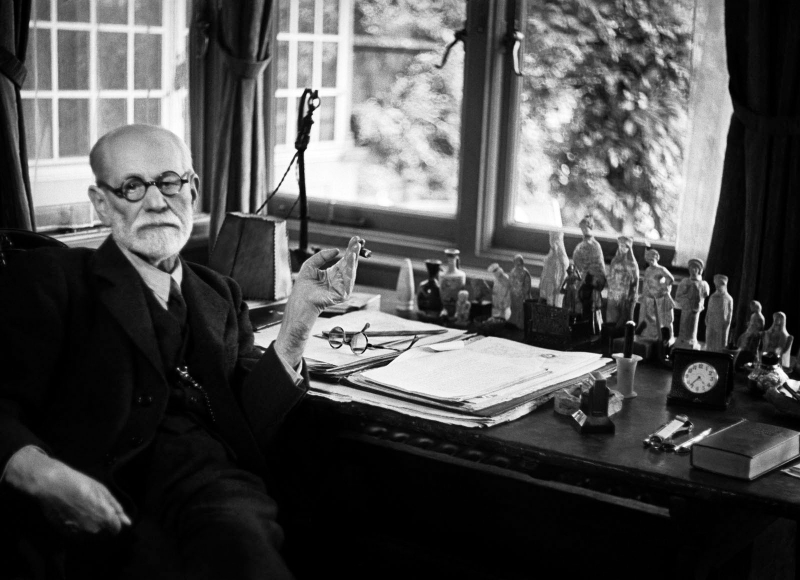
Photo: Abebooks -
The Austrian-Irish physicist Erwin Rudolf Josef Alexander Schrödinger (12 August 1887 – 4 January 1961), sometimes written as Erwin Schrodinger or Erwin Schroedinger, was awarded the Nobel Prize for his contributions to quantum theory. He developed the Schrödinger equation, which can be used to determine a system's wave function and how it changes dynamically over time. Paul Dirac and Schrödinger shared the 1933 Nobel Prize in Physics for their work on quantum mechanics. Schrödinger spent most of his life as a professor with jobs at several universities.
In addition, he published numerous articles on a wide range of physics topics, including statistical mechanics, thermodynamics, the physics of dielectrics, color theory, electrodynamics, general relativity, and cosmology. He also made numerous attempts to develop a unified field theory. He is most known in popular culture for his "Schrödinger's cat" thought experiment. Schrödinger struggled with his personal life because he cohabited with a wife and a mistress. He also wrote about his self-described "predilection for teenage girls" and his sexual relationships with other women in his notebook.
Schrödinger distinguished himself among the scientists of his period due to his outstanding intellectual breadth. An almost rare accomplishment at a time when the trend was toward growing technical specialization in various disciplines, Schrödinger was able to make major contributions to nearly all branches of science and philosophy over the course of his life because of his remarkable abilities.
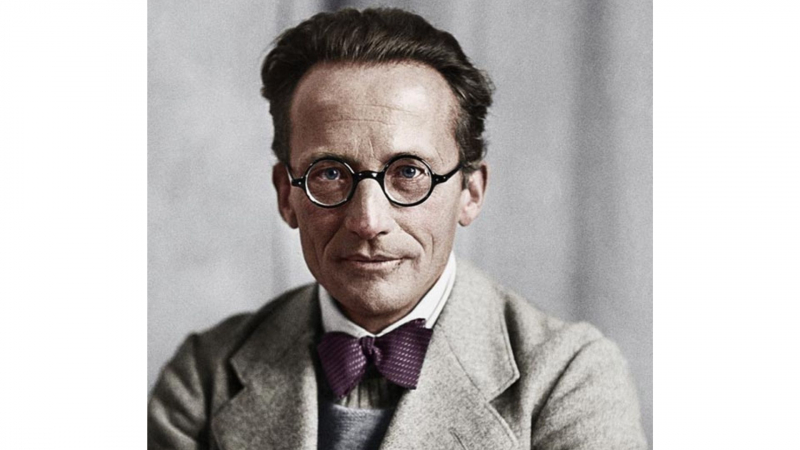
Photo: ThingLink 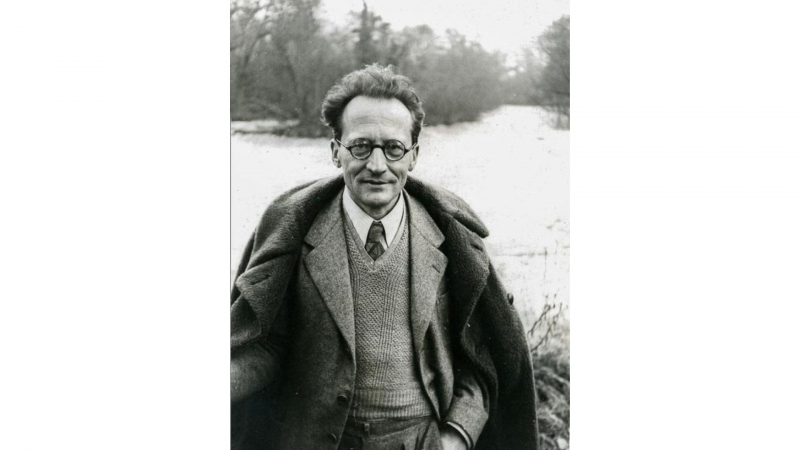
Photo: Tumgir -
The next person in the list of the most important historical figures in Austria is Klimt Gustav. Austrian symbolist painter Gustav Klimt, who lived from July 14, 1862, to February 6, 1918, was a key figure in the Vienna Secession movement. Paintings, murals, drawings, and other works of art by Klimt are well known. Klimt's works are characterized by a frank sexuality, and his main topic was the female body. He created landscapes in addition to his figurative pieces, which included allegories and portraits. Klimt was the Vienna Secessionist artist who was most affected by Japanese art and its techniques.
He was an accomplished traditional painter of architectural embellishments early in his career. As his work took on a more distinctive look, it became the focus of controversy, which peaked when the paintings he finished around 1900 for the ceiling of the University of Vienna's Great Hall were branded as pornographic. After that, he stopped taking on new public commissions, but his "golden phase" paintings, many of which feature gold leaf, saw new success. Klimt's art had a big impact on his younger friend Egon Schiele.
The title sequence for the animated adaptation of the manga series Elfen Lied was inspired by several of Klimt's most well-known pieces from his golden time. The artwork was reconstructed to match with the series' own characters and was then organized as a montage with the song "Lilium." The beginning of the anime Sound of the Sky, which shared the same director as Elfen Lied, was likewise heavily influenced by Klimt's artwork. Klimt's artwork served as inspiration for the layout of Centopia on the television show Mia and Me. Klimt-inspired patterns and decorations are also used in the Transistor video game's visual design. Numerous collector coins and medals have featured Gustav Klimt and his work, including the 100 Euro Painting Gold Coin that the Austrian Mint released on November 5, 2003. Klimt is shown in his workshop on the reverse with two incomplete paintings propped up on easels.
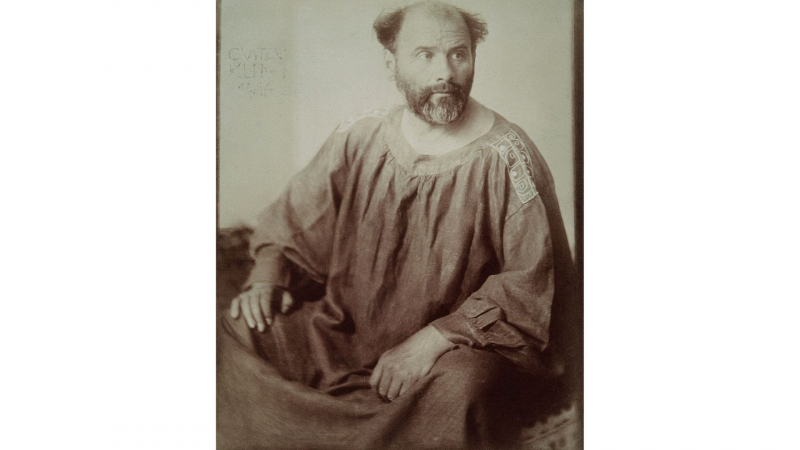
Photo: Wikipedia 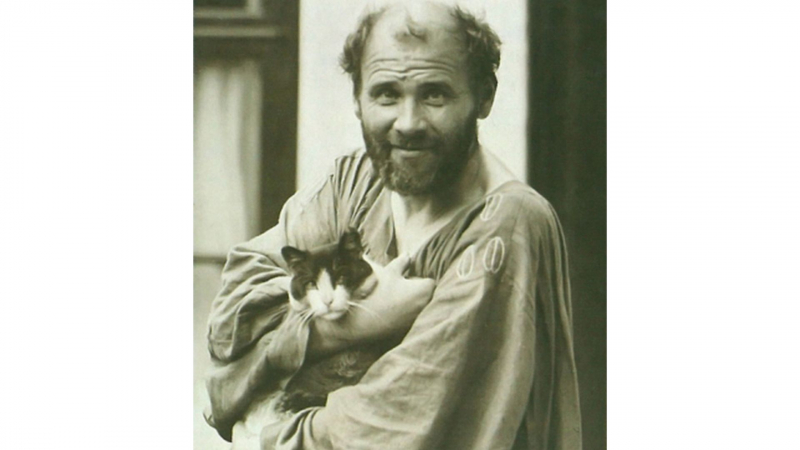
Photo: Designs.vn -
Karl Renner was an Austrian politician who belonged to the Social Democratic Workers' Party of Austria (14 December 1870 – 31 December 1950). Due to his leadership of the first governments of German-Austria and the First Austrian Republic in 1919 and 1920, as well as his pivotal role in establishing the current Second Republic following the fall of Nazi Germany in 1945 and serving as its first President following World War II, he is frequently referred to as the "Father of the Republic".
Early in his political career, he produced fresh viewpoints on the law while hiding his original concepts behind various aliases (such as Synopticus and Rudolf Springer) out of fear of losing his desired position as parliamentary librarian. His interest in the issues facing the Austrian state, whose existence he defended on geographic, economic, and political reasons, was particularly keen. He supported the so-called "personal autonomy" in the nationality debate, which should serve as the foundation for the creation of a supranational state. This affected the Social Democratic Party's platform and approach to the issue. He was regarded as one of the founders of Austro-Marxism as a theory.
In the talks of St. Germain, where the "Republic of Austria" was accepted but named the responsible successor to Imperial Austria, he served as the head of the delegation that represented this new German-Austria. Renner was elected as the first head of state ("State Chancellor") of that young, little German-speaking republic that refused to be seen as the heir to the Habsburg monarchy and rather to be called the Republic of German-Austria.
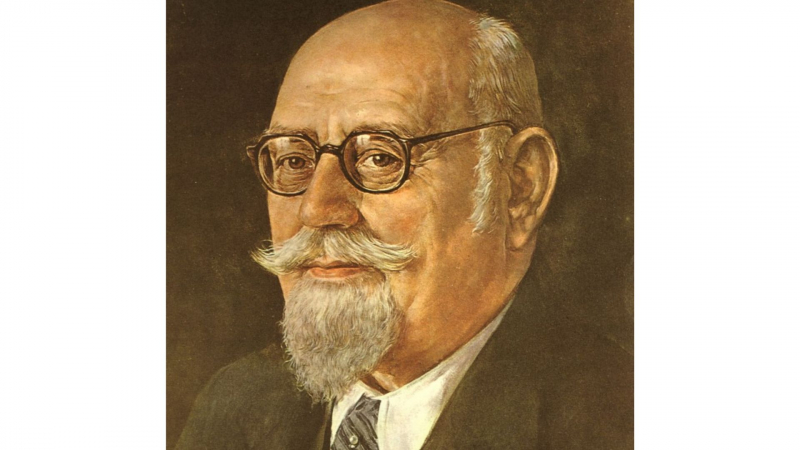
Photo: Geschichte der Universitat Wien 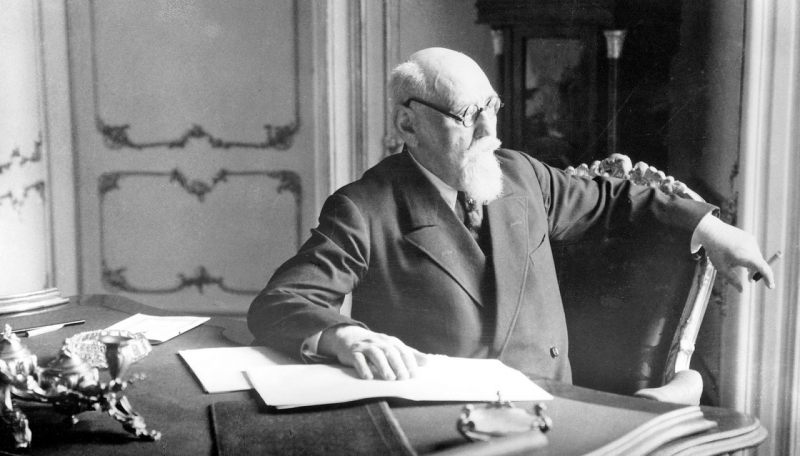
Wiener Zeitung -
During the 17th and 18th centuries, Prince Eugene Francis of Savoy-Carignano or Carignamo, also known as Prince Eugene (18 October 1663 – 21 April 1736), served as a field marshal in the armies of the Holy Roman Empire and the Austrian Habsburg dynasty. He rose to the highest positions of state at the Imperial court in Vienna and was one of the most effective military commanders of his era as well as one of the most important historical figures in Austria.
Eugene worked for Leopold I, Joseph I, and Charles VI throughout the course of a six-decade career. Before participating in the Nine Years' War, where he fought with his cousin, the Duke of Savoy, his first combat experiences were against the Ottomans during the Siege of Vienna in 1683 and the ensuing War of the Holy League. With his overwhelming victory over the Ottomans at the Battle of Zenta in 1697, the Prince solidified his reputation and became well-known throughout Europe. In the War of the Spanish Succession, Eugene improved his standing by working with the Duke of Marlborough to defeat the French on the battlefields of Blenheim (1704), Oudenarde (1708), and Malplaquet (1709); he also had further success as the Imperial commander in northern Italy during the conflict, most notably at the Battle of Turin (1706). With successes at the Battles of Petrovaradin (1716) and the pivotal combat at the Siege of Belgrade in 1717, renewed hostilities against the Ottomans in the Austro-Turkish War solidified his fame.
Although Eugene was physically and mentally frail in his later years, he experienced less success as the army's commander-in-chief during his final conflict, the War of the Polish Succession. Throughout the late 1720s, Eugene's influence and shrewd diplomacy managed to secure the Emperor powerful allies in his dynastic struggles with the Bourbon powers. Eugene continues to have the best reputation in Austria, nonetheless. Though perceptions on his personality vary, there is little disagreement regarding his outstanding accomplishments.
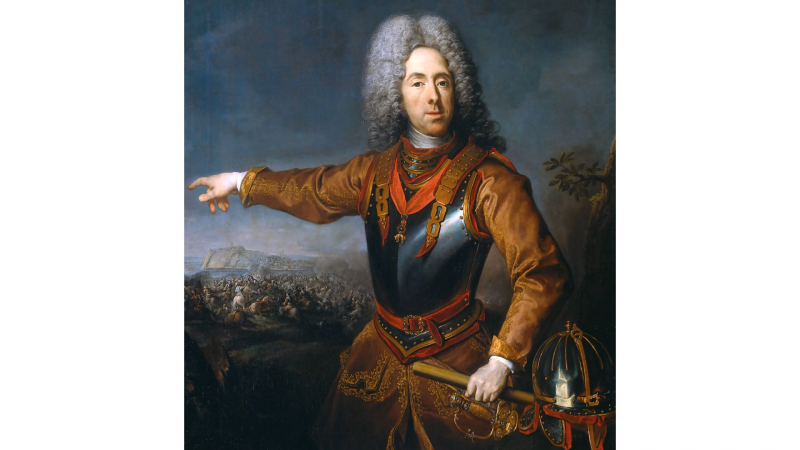
Photo: Wikipedia 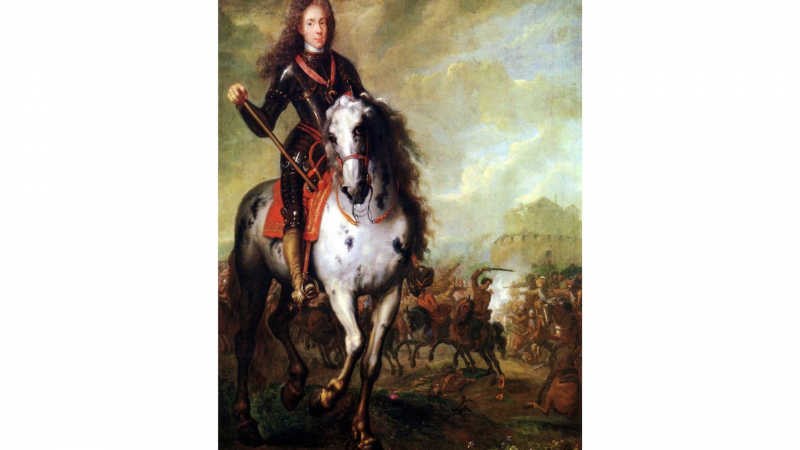
Photo: Wikiwand









